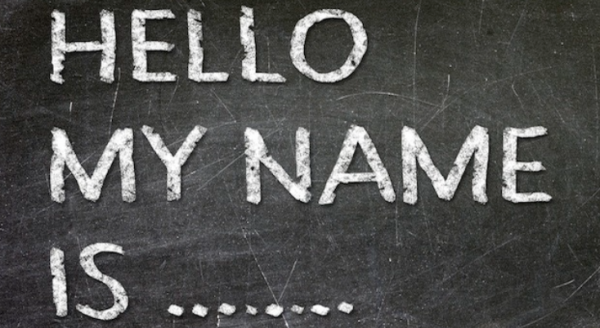At the most basic level, we use names to identify ourselves, and distinguish ourselves from one another. However, names are much more than that; they are intimate part of the cultures that we live in and the way we associate with one another and the past. Names may connect us to a relative who we may have known or passed away before we were born. Names may connect us to a song, piece of literature or to scripture. Eventually, we have to come to terms with our own name and whether we want to continue to be referred by it. Some people even change their names signaling a desire to break with the past and that they are a different person. Moreover, giving a name is a remarkable responsibility. The name that we give will be the one that a child will be called, write and referred to countless of times. The child will have to eventually decide if they should make the name their own, and could influence what names they will potentially give in the future.
The story of my name revolves around my relationship with my family and scripture. My grandfather grew up in what is now known as Pakistan and he had an interest in prophetic names. He named his first child Ishmael/Isma‘il, his second son Abraham/Ibrahim, his third Isaac/Ishaq and his last, my father, Jacob/Yaqub. When my mother was pregnant with me, my father asked my grandfather, “What should I name my child?” He responded that if the child was a boy, he should name him Younus or Jonah. I did not know my grandfather that well because I was born in the United States and he died when I was young. But my name always connects me to him, his legacy and story.
